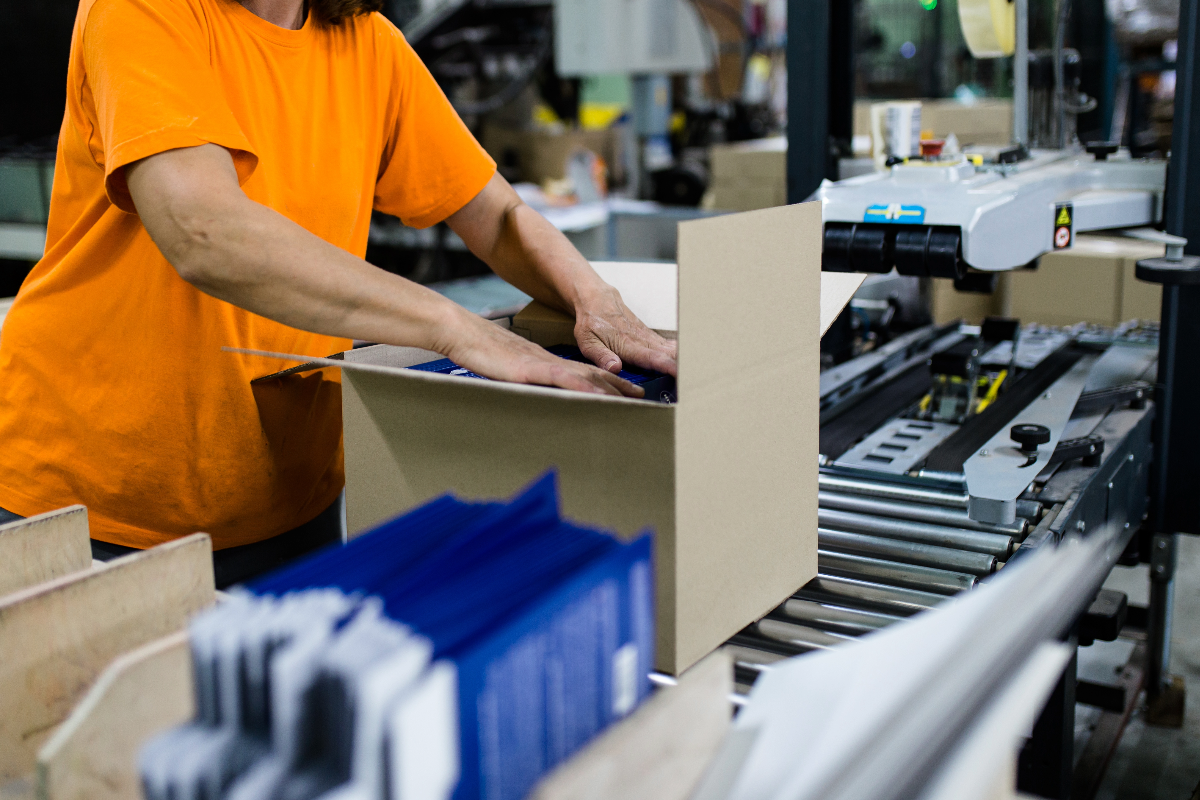BLOG
What are the benefits of recycling your dry mixed waste?

It is recycling week this week and research has shown that as much as 80% of the items that we throw away could be recycled. This includes dry mixed waste which often gets put in the general waste bin and sent to landfill, but it could be recycled and reused. But what is classed as dry mixed waste and what are the benefits of recycling it?
What is dry mixed waste?
Dry mixed recycling is used to dispose of uncontaminated and recyclable materials to be recycled and re-used in the creation of other products.
Many businesses make the mistake of throwing all their waste in a general waste bin as its more convenient, but it just means that their waste now ends up in landfill instead of it being recrafted into new products.
In 2020, commercial businesses contributed 33.8 million tonnes to landfill when a lot of it could have been recycled. Recycling your waste can help reduce carbon emissions just by avoiding going to landfill.
What counts as dry mixed recycling?
One of the hardest things to keep track of with dry mixed recycling is knowing what is considered dry mix recycling. Many waste types need to be clean and dry, and must be separated from contaminants in order to be usable.
Dry mixed waste includes materials such as paper, cardboard, cans, and plastic that are free from contamination. For example, everyday items such as newspapers, cereal boxes, and clean milk cartons are classed as dry mixed waste. Whilst these items often get placed in the general waste bin, they can be put into a dry-mixed recycling bin to go through a specific recycling process.
What can’t be recycled as part of dry mixed recycling?
There are several materials, that cannot be included in dry mixed recycling.
These include:
- General waste
- liquids, wood
- food waste
- glass
- polystyrene
These are just a few of the main types of waste that you should exclude from your dry mixed recycling as many of these materials can contaminate the recyclable items, making them unusable.


The dry mixed waste recycling process
Once your dry mixed recycling bin is full, it is collected to be taken to a Materials Recovery Facility (MRF). At the Materials Recovery Facility, any non-recyclable materials are firstly removed. A machine then separates cardboard and paper, and a magnet removes steel cans and aluminium. Flowing this, an optical scanner is used to identify and sort different types of plastic and the glass that is left at the end is placed into a container. Once the sorting process has taken place the materials are taken to be reprocessed at different factories. The materials are then made into a wide variety of items, for example, car parts can be made from recycled metal or newspapers from recycled paper.
The benefits of dry mixed recycling for your business
The amount of waste that goes to landfill will reduce
Using a dry-mixed recycling bin reduces the amount of waste that ends up in landfill. Avoiding landfill has a positive impact on the planet and human health as it means that fewer carbon emissions and toxins are being released into the atmosphere. These chemicals contribute to global warming and can contaminate surface water and soil, which may be consumed by residents living in surrounding areas. Do you want to find out more about the negative effects of landfill? Check out our landfill blog.
You will reduce your waste management costs
Using a dry mixed recycling bin and avoiding landfill will also reduce your waste management costs as you will evade landfill tax and VAT, which increases every year. You can also generate new income from recycling your dry mixed waste, for example, cardboard waste can be sold loose or in compacted bales to a recycling service. Often, we can reduce your waste costs by as much as 45% when switching to a dry mixed recycling collection service instead of using general waste bins.
You will fulfil your legal obligation
As a business, you must be registered to dispose of waste and need to ensure that you comply with waste legislation. As waste regulations are consistently changing, it can be difficult to ensure that you are fully compliant. This may lead to the business receiving large fines and, in some cases, reputational damage.
To eliminate this stress, you could employ a waste management company. For example, Flame UK are a licensed waste management company that ensures that you are fully compliant with waste regulations. We capture the details of every waste collection and provide you with up-to-date reports that detail how your waste has been disposed of to give you complete peace of mind.
What sized bin do you need for your dry mixed waste?
Ensuring that you have the right sized waste bins is imperative and if you need help with this decision, our experts can provide advice about which sized bins will best suit your business needs. We have a range of bin sizes available, from small wheelie bins to RoRo skips that can hold 138 bags of waste. You could also read our bin size blog for further information and advice.
Contact Us
Want to learn more about how our dry mixed recycling service can help you? Get in touch with our friendly team today to book a collection or visit our dry mixed recycling page!




